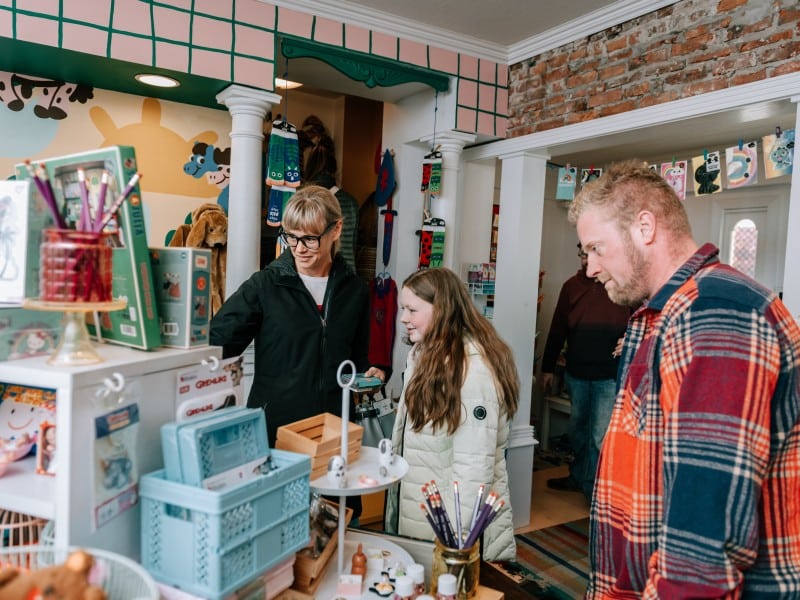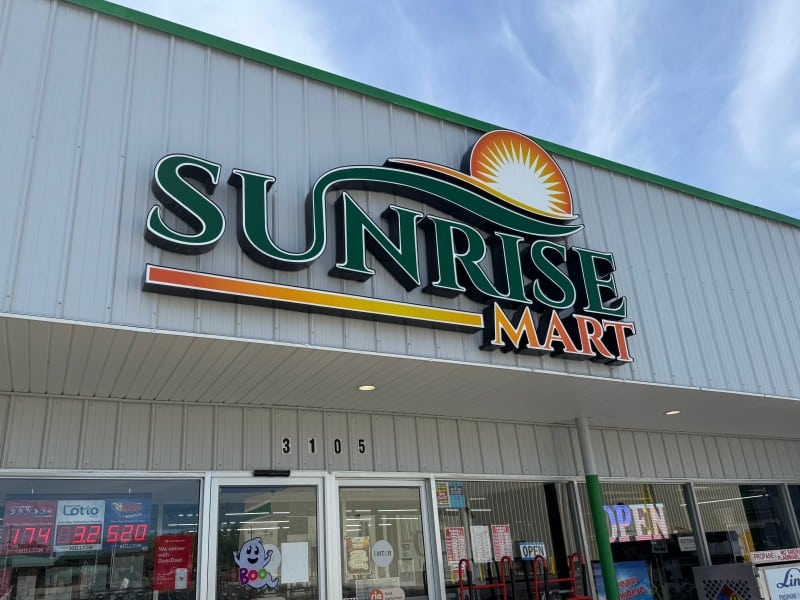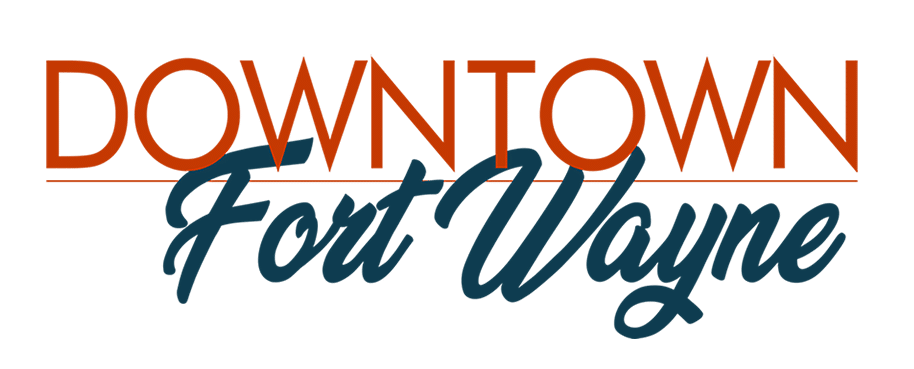How much work is your small business doing right now? Here’s a way to boost productivity
“What we do as small businesses over these next couple weeks during COVID will define our next 12-18 months.”
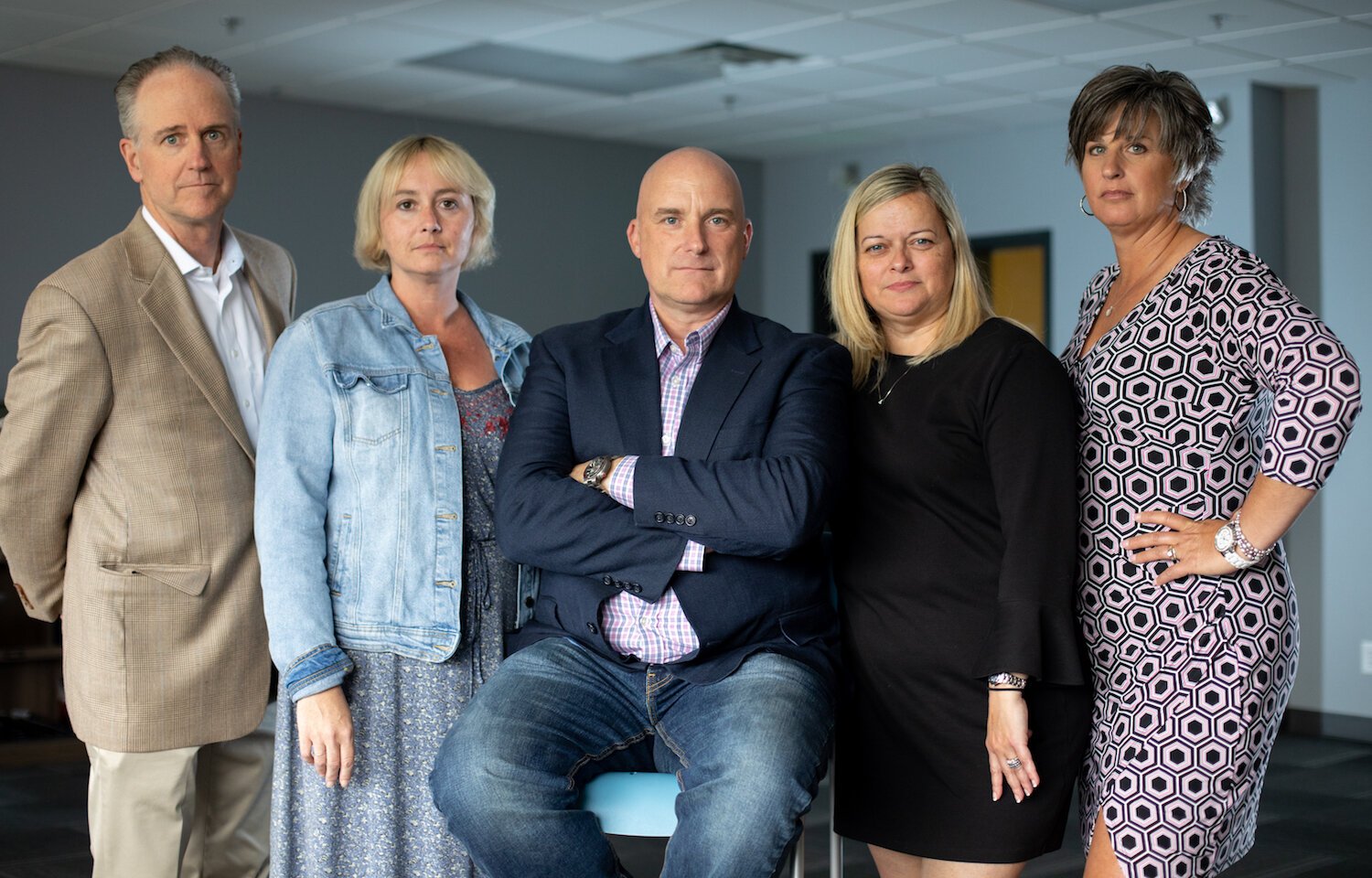
“It’s all about the doing now.”
These are the words that one of my clients said to me a couple of weeks ago as we were talking about how they were planning to recover from this crazy COVID business scenario that we have all found ourselves in.
As part of our training for small business clients at the Sandler Performance Center in Northern Indiana, we typically focus heavily on goal planning and setting twice a year.
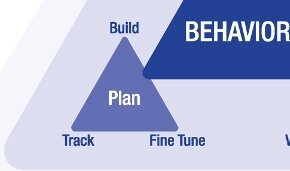
Here’s how it works:
- Create a plan
- Identify the behaviors required for success
- Track those behaviors
- Fine-tune as you execute over time
What my client was referring to with her “doing” statement was Step 3 above: How can we track the behaviors that are required for success so we know that we are doing enough?
Let’s break that down for a second.
In a previous blog, I shared a strategy for segmenting clients and coming up with a plan for executing your client strategy. At Sandler, we call it KARE, which stands for the clients you want to Keep, Attain, Recapture, and Expand relationships with.
The second step of the KARE process is to identify the “behaviors” related to each part of KARE. (What behaviors is it going to require of my team to Keep certain clients, for example?)
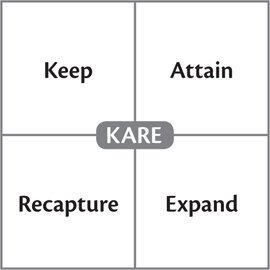
The next step in the KARE process, which we did not specifically address, is to identify the frequency of those required behaviors and track them daily in the form of a “cookbook,” or recipe for success. (How often does my team need to be doing these behaviors to stay on track?)
Creating a “recipe for success” that fits your business can be a major accountability measure in developing revenue. It’s one thing to identify the number of times per day that a sales rep needs to pick up the phone and dial; it’s an entirely different thing to tie attainment to that number.
When you share your “recipe for success” with your sales reps and team, now you have the type of accountability that can make you highly productive in the “doing” of your work.
What we do as small businesses over these next couple weeks during COVID will define our next 12-18 months. I’m convinced of that, and lately, I’m seeing two sides of it (as a small business coach and a business owner myself).
As a coach, many sales managers are sharing with me that their people are really stepping up to the plate and operating with a high sense of urgency and a defined plan of action in this unusual time. This is translating to success on a daily and weekly basis.
Other managers and owners are telling me that their people seem to be afraid of making calls; they are nervous about prospecting in uncertain times, so they are focusing on more customer service activities instead of producing new opportunities.
As for the latter scenario, we have to ask the question: “Is this issue a technical or conceptual matter?” If its technical, then we can train our people on “how” to prospect right now with a “recipe for success.” Perhaps they simply need a tool to track the behaviors that lead to success.
If it’s a more conceptual issue, then we must coach our people up or out, and sometimes quickly.
Now is the time to step up to the plate and make a play as a small business. If you are worried about your players and their abilities and you don’t have a tool to track their “doing,” then reach out, and I’ll share one.
If you have one, and your team is still struggling, then now is the time to figure it out so you don’t get left behind at this critical junction.
This blog is part of an ongoing, weekly series in Input Fort Wayne, following local small business owners as they navigate the COVID-19 pandemic. Read all of Jim’s blogs here.


